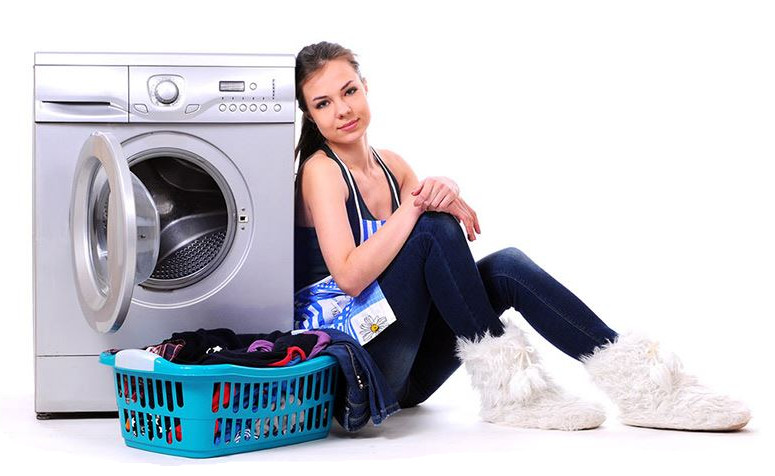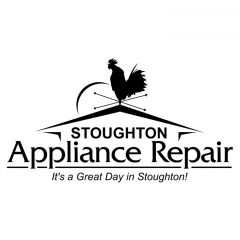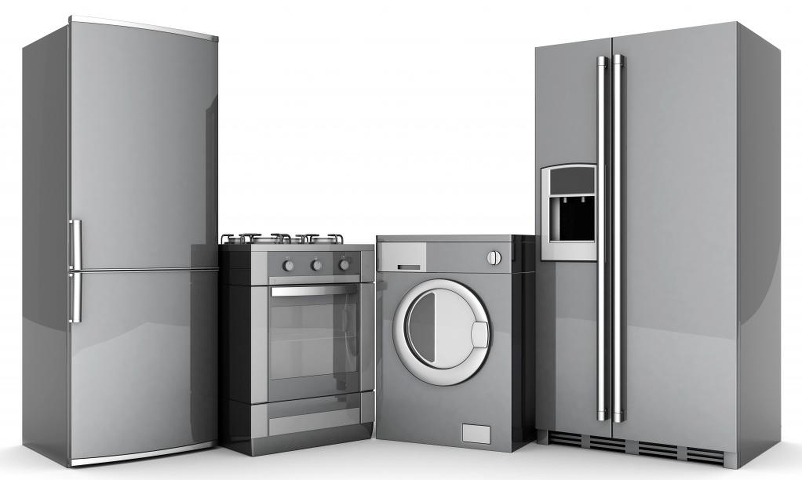BUYING NEW – TRUE COSTS

That $699 washer wasn’t such a great deal.
You’ve decided to buy new. It’s exciting times. The advertising worked, you’ve decided to spend wages on a new appliance. You looked around and even found a great deal. $699 for a new washer! What a bargain.
What are the REAL costs of that $699 price.
Sales Tax: ($38) (5.5% in Wisconsin)
Delivery: ($70) ( Standard Delivery is curbside drop-off)
Installation: ($179) (We do a lot of repairs caused by poor installation. Installation matters!)
Parts/Hoses: ($35) (You need new supply hoses)
Your Time: (???) (Will you be available to accept delivery? Will you be available for install? Do you have all the parts for DIY?)
Your new washer will probably cost you $900 plus a LOT of your time, all for a machine that probably isn’t as good as the machine being replaced; while foregoing a repair that would cost a fraction of that amount. Repairing broken appliances has the lowest initial cost, annual cost, and total cost.
If you can afford a new machine, and want a new appliance…great! Otherwise, BE SMART. Save your money, fix your appliances!
We’ll save you time; we’ll save you money.


